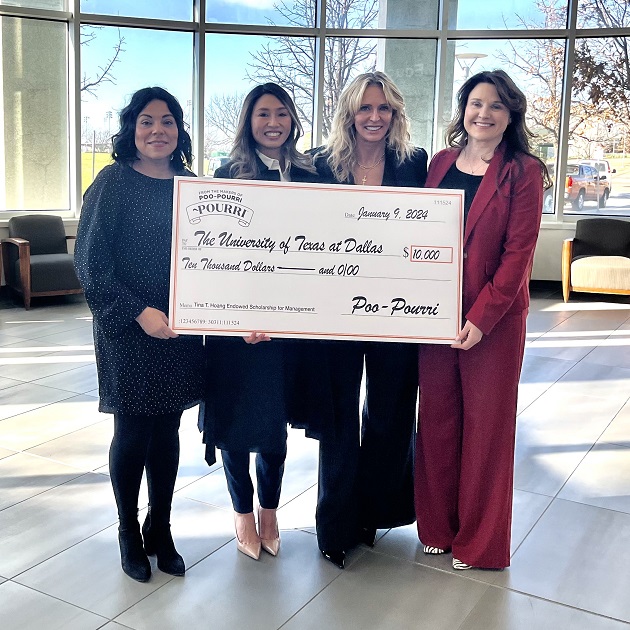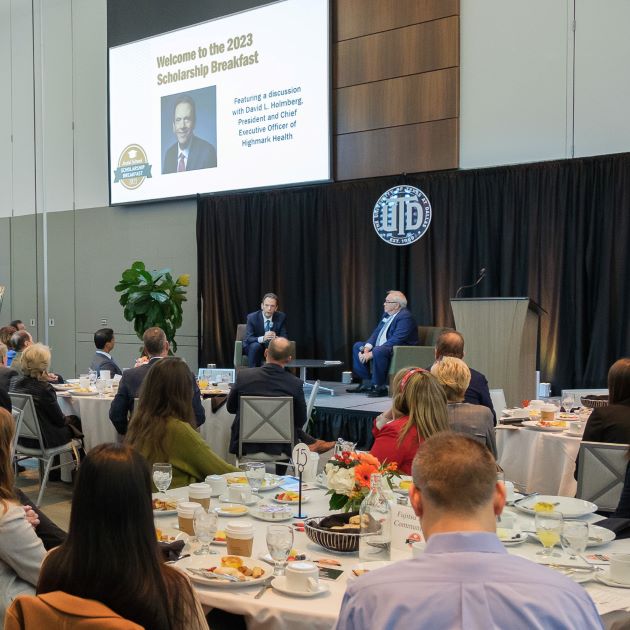Plummeting consumer trust has forced companies to take a hard look at how they can shore up their brand images. Panelists at a seminar jointly organized by the Center for Finance Strategy Innovation at the Naveen Jindal School of Management and IBM looked at ways some of the more innovative companies are doing that. The promising solution they discussed? Blockchain.
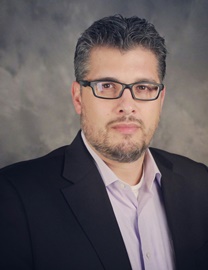
Approximately 80 invitees gathered June 26 at the IBM Innovation Center in Coppell, Texas, for “Decentralization of Trust – Unlocking Value in Food and Drug Supply Chains.” Experts from the food and pharmaceutical industries guided them through the intricacies of how retailers such as Walmart are using blockchain — a technology that uses decentralized, distributed ledgers to help companies make their supply chains both more transparent and more secure. The idea is that allowing consumers to discover more easily the source of their food and pharmacy purchases engenders more trust among the many parties involved in the supply chain.

Alex Siskos, former president of Blue Yonder’s North American division, led a lively discussion, of panelists who included Karl Bedwell, senior director of Walmart’s Global Business Services & Technology division; Archana Sristy, Walmart’s director of engineering in its Digital Solutions division; Alan O’Herlihy, CEO and founder of Everseen; and Dr. Alain Briançon, co-founder and CEO of Kitchology.
In many of the recalls that you hear about, it almost always comes down to one farm or one batch, Bedwell said. “Basically, the entire food system shuts down because we cannot trace back to that one batch, one farm, etc., and the farmers can’t produce because the system actually shuts down.”
It has taken months for investigators to discover the possible source of the outbreak of the E. Coli outbreak in April that sickened 200 and killed five people who consumed tainted romaine lettuce.
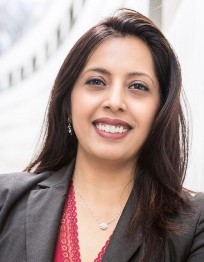
Sristry described the inefficient system largely used today for getting the origination details of a food product during recalls such as that one.
“There are different participants and different companies that may be along the supply chain, and they’re only managing the paperwork one step back and one step forward,” she said. “So to piece it all together, it can take time.”
A production blockchain system called IBM Food Trust that IBM has created in partnership with Walmart and other growers, processors, wholesalers, distributors, manufacturers, and retailers has reduced the time needed to get those details from about a week when using a largely manual, paper-based system to 2.2 seconds with blockchain.
Another key area that blockchain can address for the food industry is sustainability, particularly as it relates to waste. O’Herlihy described a process that his company had been analyzing — the moment when a consumer is deciding on whether to select a cut of red meat. The company had set up cameras in the meat section and discovered, in real-time, that a cut of meat had been picked up and put back 19 times. It may have been, as O’Herlihy said, that it had too much fat, or any of a number of other reasons.
With blockchain, O’Herlihy said, retailers can make an instant decision about whether to mark down the price of that cut of meat to make it more appealing and thus preventing it from spoiling before it is purchased.
“We have to go to the moments of truth, the moments that matter when the customer decides and when the product is actually live,” he said. “That, for me, is the next big step and the next big win in blockchain for retailers.”
Briançon’s company has created a platform called FOODMIDABLE. The technology enables food companies and wellness providers to build products and apps that match diets and food lifestyles of consumers to recipes, shopping lists, food or products. People suffering from food allergies, for instance, can substitute allergy-inducing ingredients with friendlier ones. He explained that blockchain allows communities that share this kind of information to better build trust with one another.

“The transparency creates a tremendous amount of trust and value from the customer to the supplier,” he said. “If you have the ability to expose what you are doing — information about the source, information about the nutrition, information about the facts — you’re in a very strong position.”
Blockchain, he explained, is ideal for this purpose.
“The ability of blockchain to create an ecosystem on the supply-side [and to build] potentially a community of users that can trust the input because you can trace it — and that removes the bad players — I think that’s something very important,” he said.
This use of blockchain also can reduce waste, Briançon said, because consumers who trust the system are more willing to input data and become sources of information that allow food retailers to make better decisions about what to stock.
“I think it’s amazing to see companies of different sizes using an approach for blockchain that starts from a logical place like food safety,” Siskos said. “Those companies are trying to nudge behavior or, for all intents and purposes, break a process and start it all over again.”
Crossmark CIO Mike Anderson delivered the lunchtime keynote address in which he discussed in general terms how technology can help the goods and services industry deliver better value to companies and consumers.
Siskos returned to the stage to sit on the drug and pharmaceutical panel, which also included Rishi Khullar, chief product and technical officer, Pharmaceutical Strategies Group; and Pam Machemehl-Helmly, founder and chief science officer of Wellnicity. Ven Kumar, CTO of IBM’s PepsiCo account, served as a moderator for this session. He also serves on the CFSI advisory panel. The potential and the complexity of using blockchain in systems using payers, suppliers and consumers, was at the center of discussion.
CFSI Executive Fellow Craig Hall explained that building consumer trust, whether in the food or pharmacy industry, requires technologies such as blockchain that can allow for a transparent supply chain.

“Whether you think of natural ingredients (such as those found in the food industry) or engineered ingredients (in the pharmaceutical industry), that’s the link between food and pharma,” he said. “It’s in the recipe.”
The seminar at IBM was the third in an ongoing initiative of events sponsored by CFSI that have focused on blockchain. Elizabeth Jones, associate director and co-founder of CFSI, has been heavily involved in planning the events. She said that the opportunities created from the integration of blockchain and other technologies are disruptive forces. They will revolutionize the way companies create value. Business leaders will be at a competitive advantage if they are aware that customers will be the ones driving the system by creating needed change, she said.
“The voice of the customer can now be heard and can now be acted upon in a way that, once upon a time, would have been removed from the way in which we did business,” Jones said.
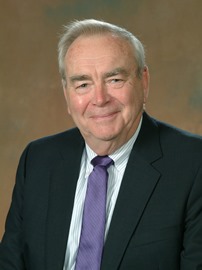
Dr. David Springate, associate professor, finance and managerial economics at the Jindal School and CFSI director/co-founder, both kicked off the seminar and summarized the day’s discussions.
“When you realize the potential of blockchain is to create value for big players and small players in many cases, we should be further investigating how to get better at it,” Springate said. “That’s our part here at the center. We have at its heart an outreach partnership program that puts people together to have these important conversations.”




